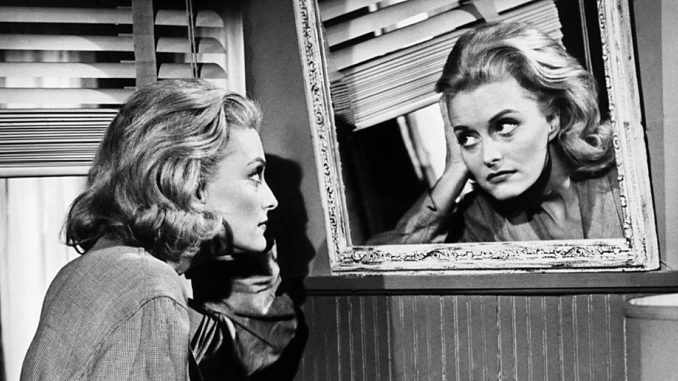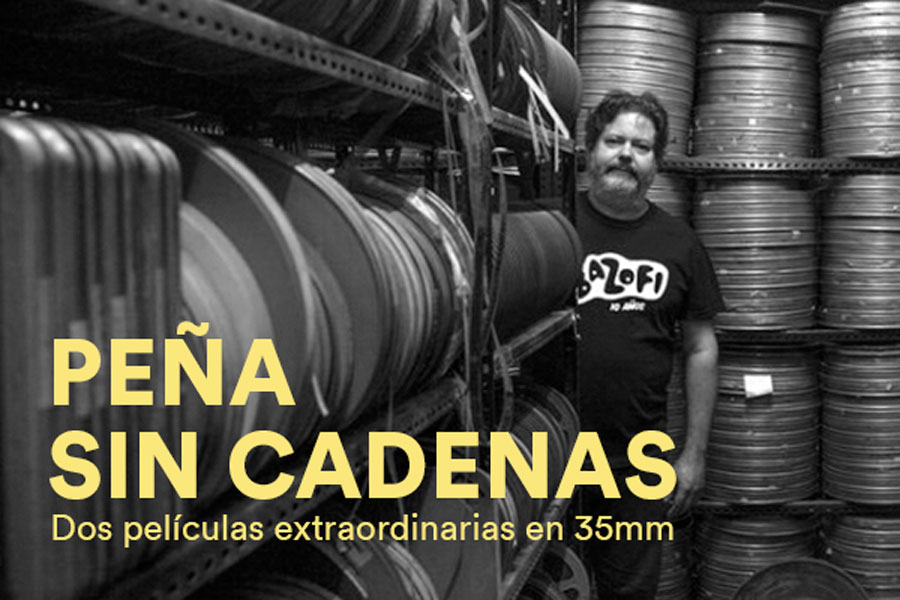
20.000 especies de abejas
España, 2023
Dirección: Estibaliz Urresola Solaguren
Guión: Estibaliz Urresola Solaguren. Fotografía: Gina Ferrer. Producción: GarizaFilms, Inicia Films, ETB, ICAA, Movistar Plus+, RTVE. Elenco: Sofía Otero, Patricia López Arnaiz, Ane Gabaraín, Itziar Lazkano.
Duración: 129 minutos
Aitor es un niño de 8 años que se traslada desde Bayona (País Vasco francés), para pasar unas vacaciones de verano junto a su madre y sus hermanos, en la casa familiar del campo, al otro lado de la frontera. Es en esos días, que su entorno empieza a notar algunos cambios en su comportamiento, que en medio de la confusión, alertan a su cariñosa tía Lourdes, que es apicultora, y la primera que comienza a comprender lo que está ocurriendo.
Aitor is an 8-year-old boy who moves from Bayonne (French Basque Country) to spend a summer vacation with his mother and siblings to the family home in the countryside, on the other side of the border. During these days, they beggin to notice some changes in his/her behavior which, in the midst of the confusion, alert his/her affectionate aunt Lourdes, who is a beekeeper, and the first person to understand what is happening.
Esta película nació realmente en 2016, cuando a Estibaliz Urresola la impactó la noticia del suicidio de un joven que buscaba un tratamiento hormonal. El chico había dejado una carta desgarradora, pero también contenía la esperanza de un futuro más amigable.
El paso siguiente de Urresola, ya con la película en la cabeza, fue conectarse con una Asociación de familias de trans de Euskadi, donde conoció a niños y niñas de entre 5 y 10 años y empezó a hacer entrevistas. La propia directora reconoce que sabía poco del tema, y que aprendió mucho durante la investigación. El solo hecho de conocer a niños de 4 años que ya se identifican con un género distinto le planteó preguntas sobre la identidad, el cuerpo y el género. A partir de ahí nació una película acerca de una niña trans en busca de su identidad en medio de su propia y turbulenta colmena familiar. La historia oscila entre su confundido punto de vista y el de su madre (Patricia López Arnaiz), que ha decidido pasar unos días de verano con sus tres hijos en el pueblo para afrontar así un momento crítico de su vida.
En este, su primer largometraje, Urresola continúa, sin rehuir su compromiso social, el camino recorrido en su exitoso cortometraje Cuerdas, y firma una conmovedora película sobre el tema de los y las menores transexuales. Como en Cuerdas, la directora recurre de nuevo a actrices profesionales y no profesionales, que en este caso son las y los menores, para retratar de forma minuciosa un grupo de mujeres marcadas por acción u omisión por la sombra del patriarcado: la inocente y brillante expresividad de Lucía (Sofía Otero), la acallada pero no aplacada tormenta interior de su madre (Patricia López Arnaiz), la rigidez de su abuela (Itziar Lazkano) y la ternura de su tía abuela (Ane Gabarain).
La cineasta ha hecho una observación aguda acerca de los temas de lenguaje identidad de género: “Como es una película sobre identidades, me parecía interesante representarla alrededor de la frontera, donde hay mucha diversidad. Además, el euskera elude la declinación de género en sus adjetivos y en el uso de la tercera persona, lo que permite al personaje expresarse en algún momento desde un lugar en el que no siente incomodidad con el binarismo tan rígido del castellano". El film ya fue premiado en Málaga y en Berlín.
This film was born in 2016, when Estibaliz Urresola was shocked by the news regarding the suicide of a young man who was seeking hormone treatment. The boy had left a heartbreaking letter, though it also contained hope for a friendlier future. Urresola's next step, one she had the film in mind, was to connect with an Association of transgender families in the Basque Country, where she met boys and girls between the ages of 5 and 10 and began to do interviews. The director herself admits that she knew little about the subject, and that she learned a lot during the investigation. The fact of meeting 4-year-olds who already identified themselves with a different gender brought up questions about identity, the body and gender. That’s when she created the idea of a film about a trans girl in search of her identity in the midst of her own turbulent family hive. The story varies between his confused point of view and that of his mother (Patricia López Arnaiz), who has decided to spend a few summer days with her three children in the town to face a critical moment in her life.
In this first feature film, Urresola continues the path taken in her successful short film Cuerdas, without shying away from her social commitment, and produces a moving film on the subject of transsexual minors. Like in Cuerdas, the director once again turns to professional and non-professional actresses, which in this case are minors, to meticulously portray a group of women marked, through action or omission, by the shadow of patriarchy: Including the innocent and brilliant eloquence of Lucía (Sofía Otero), the silent yet not calm inner storm of the mother (Patricia López Arnaiz), the rigidity of the grandmother (Itziar Lazkano) and the tenderness of the great-aunt (Ane Gabarain).
The filmmaker has made a sharp observation about gender identity and language issues: “Since it is a film about identities, I found it interesting to do it around the border, where there is a lot of diversity. In addition, Basque language avoids the declension of gender in its adjectives and in the use of the third person, which in turn allows the character to express himself/herself on occasions from a place where he/she does not feel uncomfortable with the rigid binary of Spanish language”. The film has already been awarded in Malaga and Berlin.



